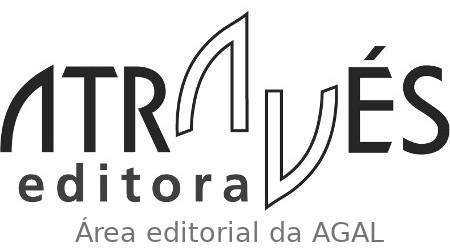Seique, de Susana Sanches Arins, traduzido para o inglês 7 Novembro, 0202 – Publicado em: Através de Nós
O livro da autora de Vila Garcia lançou-se em 2015 por Através Editora e é um dos livros estrela da editora, reimpresso várias vezes. Em 2019 sai do prelo a versom em espanhol em traduçom da própria autora para a editorial De Conatus, que já leva quatro ediçons.
Através reeditou em 2019 a versom original numha ediçom ampliada. Em 2020 recebe o prémio de Narrativa na V Gala do Libro Galego, um reconhecimento que chega para a segunda ediçom, anomalia que já analisou Teresa Crisanta neste artigo. Hoje conta, portanto, com distribuiçom por toda a península (Através distribui também em Portugal).
Agora vém de anunciar-se a ediçom em inglês, com distribuiçom nos Estados Unidos, Reino Unido e Europa, da mao da editora Small Stations. A traduçom é um trabalho de Katheen March, quem segundo declarava Susana S. Arins para o PGL, “apostou no texto desde o primeiro momento”, e quem já antecipou um fragmento da obra na revista wordswithoutborders.org.
Seique
“não é um poemário, seique não é um romance, seique não é um ensaio, seique não é uma pesquisa histórica. porém, seique recolhe alguma cousa de cada um desses géneros. seique nasce duma estória de vida insignificante, anónima, para abordar uma reflexão sobre a [des]memória e as maneiras de construir a História.”
and they say
A descriçom da traduçom em inglés é descrita como segue:
 and they say is a dazzling piece of writing by contemporary galician writer susana sanches arins. suffering is a black stormcloud on a sunny day. the trouble with remembering is it can cause damage. but it can also heal. the translator of this book, the north american professor kathleen march, suggests that and they say (seique in the original galician) is its own genre and what really matters is telling (recovering) the truth. it is a story of betrayal, unspeakable cruelty, and the odd (breathless) act of compassion. it is the recuperation of the collective memory of the spanish civil war (1936-39) and its aftermath, when fugitives were caught and bodies thrown into ditches, when it was dangerous to answer your door at night. it is an essay that records testimonies, acknowledged and anonymous, of some of the dark nights that characterize this period of spanish history. it is poetic (if poetry can be cruel). it is also tragic, down to the repeated appearance of the chorus, which seems to reflect on, to reinforce, the central message: memory can be painful, but it is best acknowledged, so that the mourning can take place and the survivors can move on. this book, expertly collated, is a masterpiece of writing on the spanish civil war, an essential piece in the puzzle of those years.
and they say is a dazzling piece of writing by contemporary galician writer susana sanches arins. suffering is a black stormcloud on a sunny day. the trouble with remembering is it can cause damage. but it can also heal. the translator of this book, the north american professor kathleen march, suggests that and they say (seique in the original galician) is its own genre and what really matters is telling (recovering) the truth. it is a story of betrayal, unspeakable cruelty, and the odd (breathless) act of compassion. it is the recuperation of the collective memory of the spanish civil war (1936-39) and its aftermath, when fugitives were caught and bodies thrown into ditches, when it was dangerous to answer your door at night. it is an essay that records testimonies, acknowledged and anonymous, of some of the dark nights that characterize this period of spanish history. it is poetic (if poetry can be cruel). it is also tragic, down to the repeated appearance of the chorus, which seems to reflect on, to reinforce, the central message: memory can be painful, but it is best acknowledged, so that the mourning can take place and the survivors can move on. this book, expertly collated, is a masterpiece of writing on the spanish civil war, an essential piece in the puzzle of those years.
Publicação original no PGL https://pgl.gal/na-galiza-saber-do-nosso-passado-e-um-trabalho-enorme/

